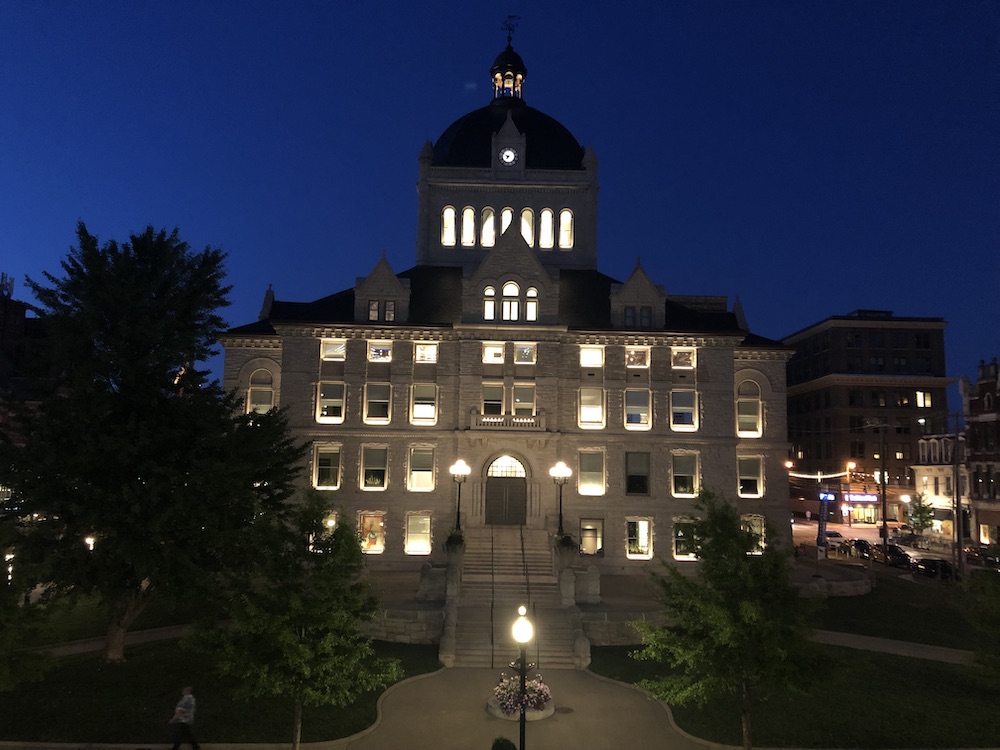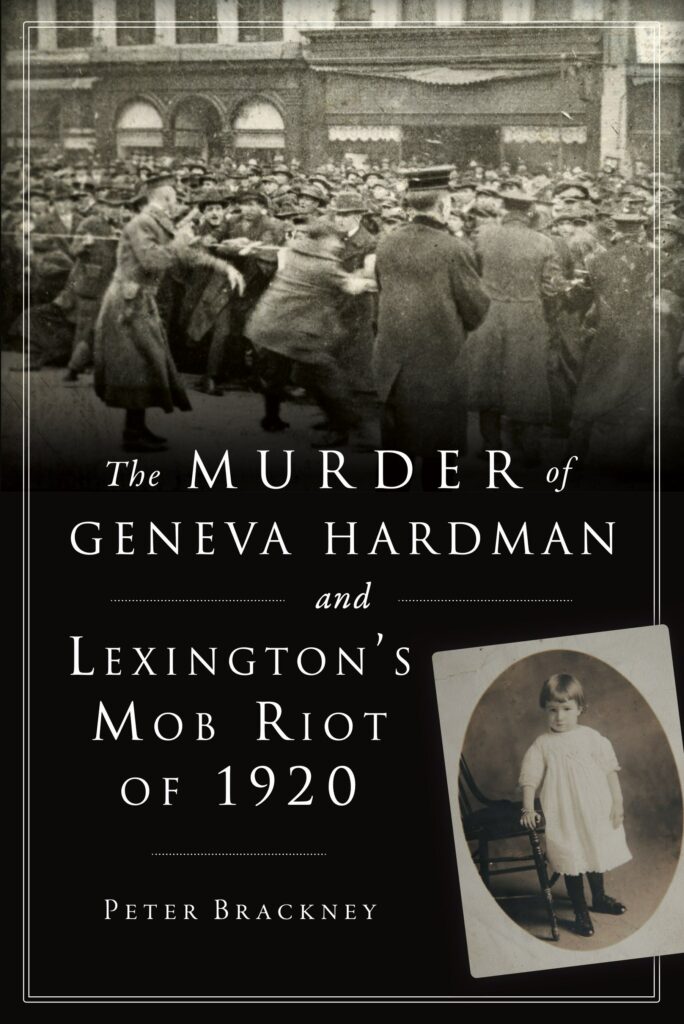Who opened fire on the crowd outside the courthouse during the trial of Will Lockett on February 9, 1920? The melee killed six and injured many more. Answering that question was a question for a grand jury that was impaneled.
As Lexington was under martial law, the military governor of the city – General Francis Marshall – issues a proclamation ordering Judge Charles Kerr of the Fayette Circuit Court (the judge who presided over the Lockett trial) to “impanel a special grand jury … to investigate the occurrence on Monday … and the actions of those who resisted the authorities.” The grand jury convened on Saturday, February 14.

Twenty-four prominent citizens were selected to serve on this jury and from this pool, twelve were sworn. The makeup of the grand jury was wholly male, white, and well-connected. After being sworn in, the testimony of about twenty witnesses was heard. County Attorney Hogan Yancey advised the jurors that “if a man leads a mob and a death results (as was the case here), that man is guilty of murder in the first degree.”
After a week’s time, the jurors were all dismissed as there was “doubt as to whether the Jury Commissioners may select a special grand jury” which led toward a second grand jury being impaneled and ordered to assemble at the courthouse at 9:00 a.m. on February 21, 1920. To the hour, it was one week after the first grand jury had assembled and twelve days since the Lockett trial. During the entirety of this time, Lexington remained under martial law.
On February 22, 1920, the last of the federal troops left Lexington and martial law was lifted. Peace seeming to have been restored, the second grand jury returned no indictments recounting that the murder of Geneva Hardman “shocked the whole community” and that ultimately the issuance of indictments would “aggravate an already tense situation, engender more passion and bitter feelings in the county and State and keep alive such as now exists.”

This post contains excerpts from Peter Brackney’s The Murder of Geneva Hardman and Lexington’s Mob Riot of 1920 (The History Press, Charleston, SC: 2020).
For more information about the book or to schedule an event with the author, click here.

